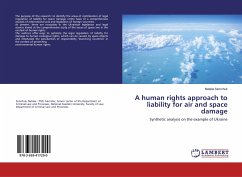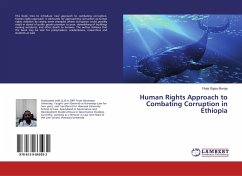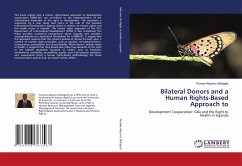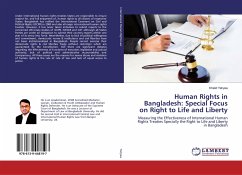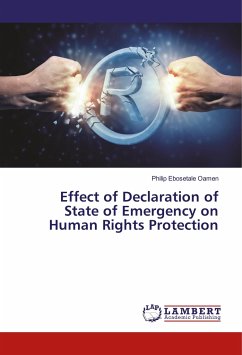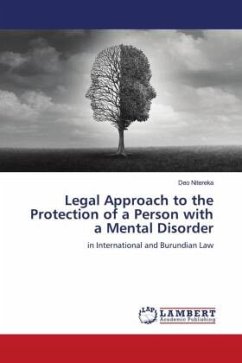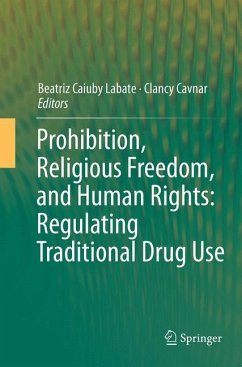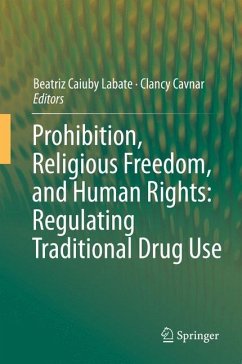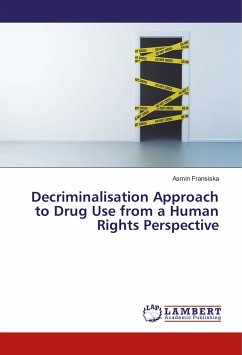
Decriminalisation Approach to Drug Use from a Human Rights Perspective
Versandkostenfrei!
Versandfertig in 6-10 Tagen
34,99 €
inkl. MwSt.

PAYBACK Punkte
17 °P sammeln!
War on Drugs around the world for decades has shown negative consequences for many societies. Through the prohibitionist or criminalization approach, the War on Drugs fails to protect human rights for people who use drugs and their families. This happens in Indonesia as well. The negative impacts include disproportionate sentenced for people who use drugs or small possession, countless known and unknown torture cases, overcrowded prisons, and the high numbers of blood-borne diseases. Indonesia urgently needs an alternative approach to War on Drugs. This book aims to describe the failure of the...
War on Drugs around the world for decades has shown negative consequences for many societies. Through the prohibitionist or criminalization approach, the War on Drugs fails to protect human rights for people who use drugs and their families. This happens in Indonesia as well. The negative impacts include disproportionate sentenced for people who use drugs or small possession, countless known and unknown torture cases, overcrowded prisons, and the high numbers of blood-borne diseases. Indonesia urgently needs an alternative approach to War on Drugs. This book aims to describe the failure of the criminalization approach against people who use drugs and their family in Indonesia. In addition, this book explores the struggles to counter the consequences of War on Drugs and urges the call for applying the decriminalization approach in Indonesia. Finally, learning from many countries and from many years of failures of applying the criminalization approach, this book concludes that evenwithin the decriminalization approach, the human rights perspective should take precedence over the drug control under War on Drugs narrative.



